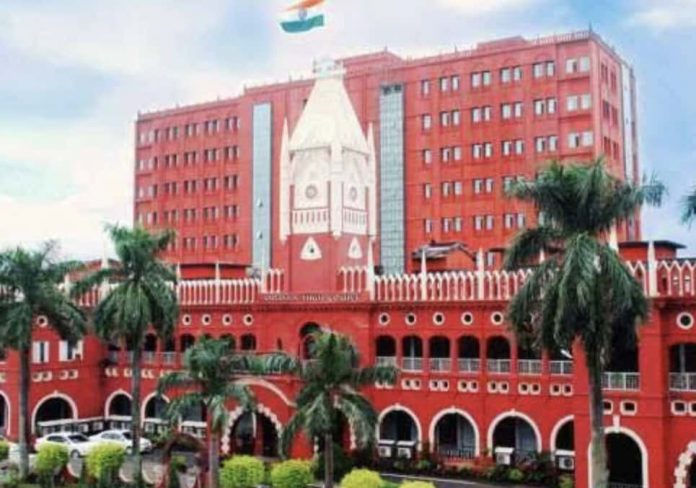New Delhi (ILNS): The Orissa High Court has started suo motu proceedings on pending cases against former and sitting MPs and MLAs and their expeditious disposal, in wake of the recent Supreme Court directions.
A division bench of Chief Justice Mohammad Rafiq and Justice BR Sarangi has directed Advocate General AK Parija to file an affidavit with details of all criminal cases against former and current MPs and MLAs pending in Courts across the state. The Registrar General is to place on record the infrastructure in place for the expeditious disposal of these cases.
The apex court last week passed a slew of directions to the chief justices of every high court in order to ensure expeditious disposal of pending criminal cases against the sitting/former Legislators (MPs and MLAs). The directives included advice to the chief justices to personally oversee such cases. A three-judge bench of Justices N.V. Ramana, Surya Kant, and Hrishikesh Roy opined that the present case is of paramount importance because special consideration was not only required due to the rise of criminalization in politics but also due to the power that elected representatives (sitting or former) wield, to influence or hamper effective prosecution.

The court passed its order on the petition filed by advocate Ashwini Kumar Upadhyay, seeking speedy disposal of criminal cases against the elected representatives of Parliament and the legislature. The court had appointed Senior Advocate Vijay Hansaria as the Amicus Curiae in the matter. The Amicus has filed the supplementary report on the basis of information furnished by ten of high courts.
The Amicus Curiae had pointed out the various reasons behind this backlog of pending criminal cases against the sitting/former legislators (MPs & MLAs). He said that proceedings in a number of cases have been stayed by various high courts and many of the states do not have the requisite infrastructure to deal with these cases. In States such as Madhya Pradesh, Bihar, Tamil Nadu, Karnataka, Telangana & Maharashtra only one Special court has constituted.
Solicitor General Tushar Mehta had assured the Court that all pending cases which have been stayed by the High Courts, must be concluded within a time-bound manner, preferably within one month. He said the state governments should provide the necessary infrastructure within one month, as Central Government has already granted funds, and Central Agencies, like the CBI & the Enforcement Directorate, will pursue matters effectively and ensure that pending investigation/trial reaches its logical conclusion.
Read Also: After Presidential assent to contentious farm Bills, Cong minister prepares to move Supreme Court
The Supreme Court has directed the Chief Justices of all High Courts to:
- formulate an action plan on the rationalization of the number of special courts.
- personally monitor trials.
- offer suggestions to Amicus for speedy disposal.
- submit an action plan with comments and suggestions to Amicus and Secretary-General of the Supreme Court within a week.
- to list cases where the stay has been granted and to designate a separate bench to hear them. To check whether stay needs to be continued and hear them on a day-to-day basis to dispose of them quickly.


